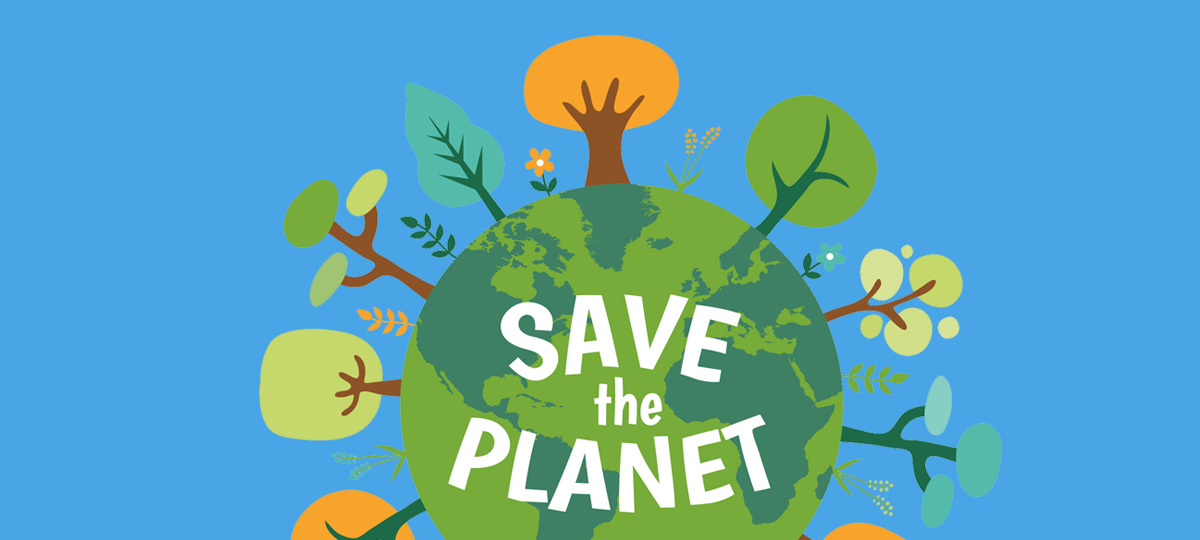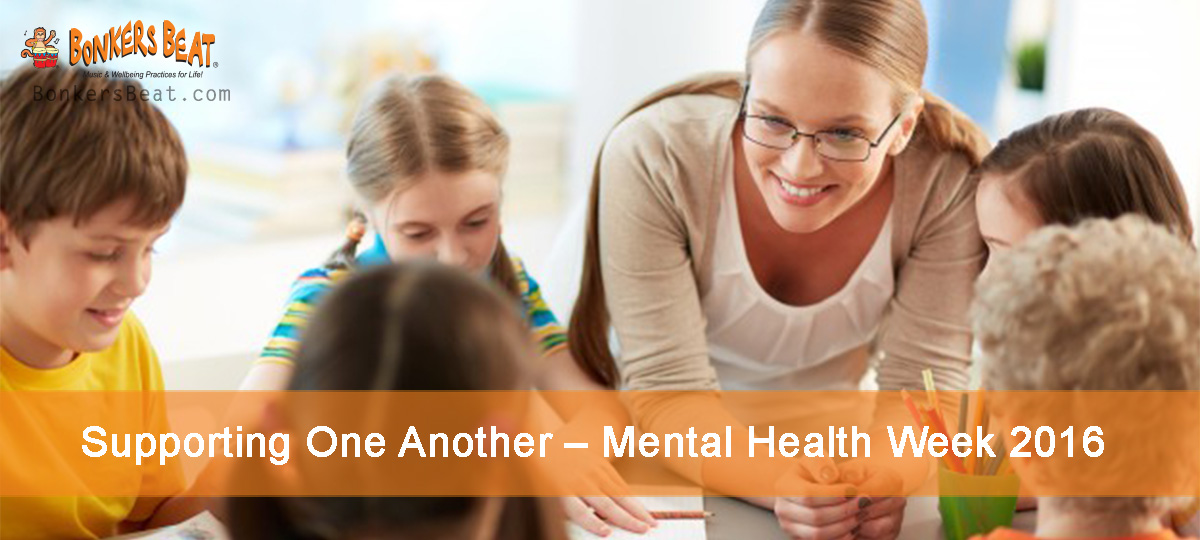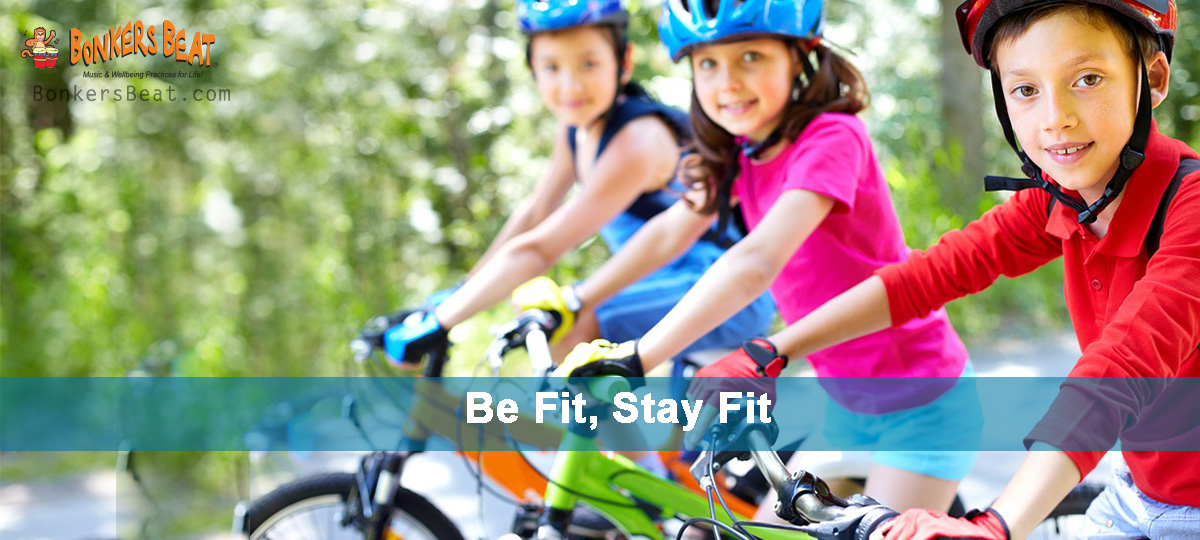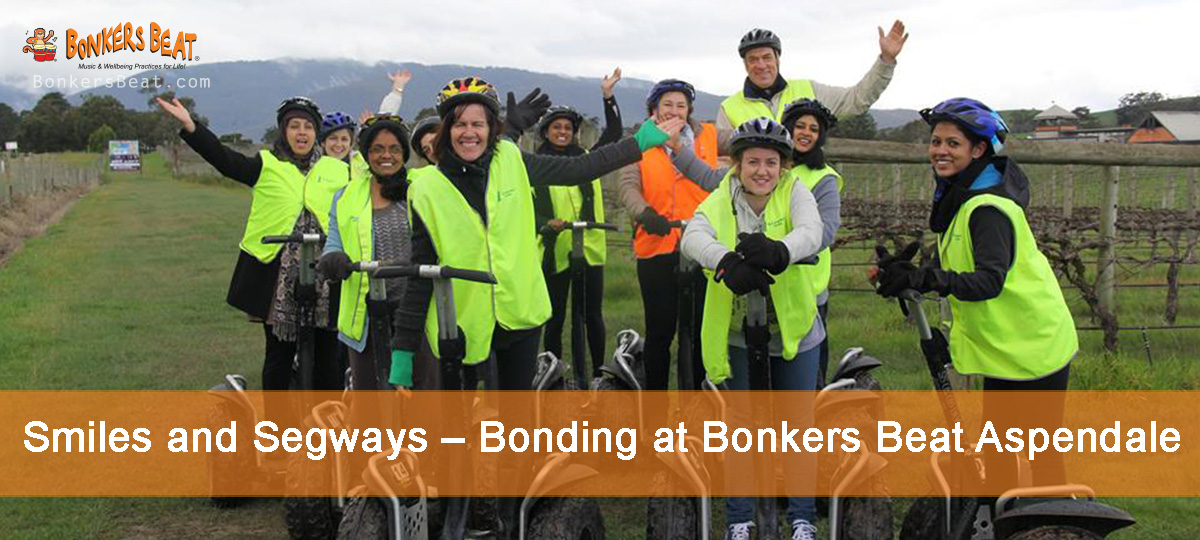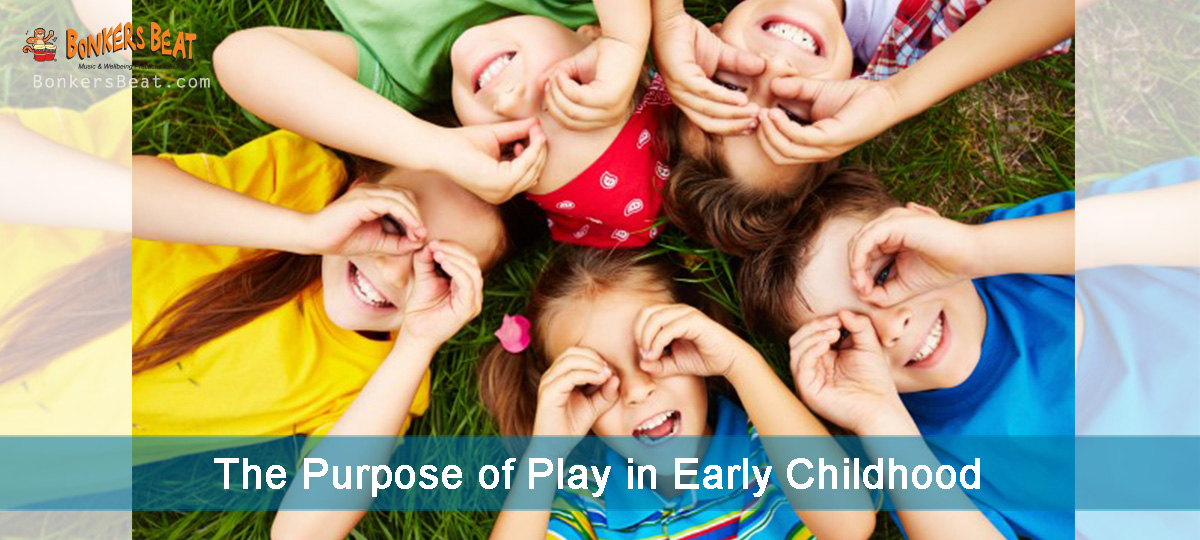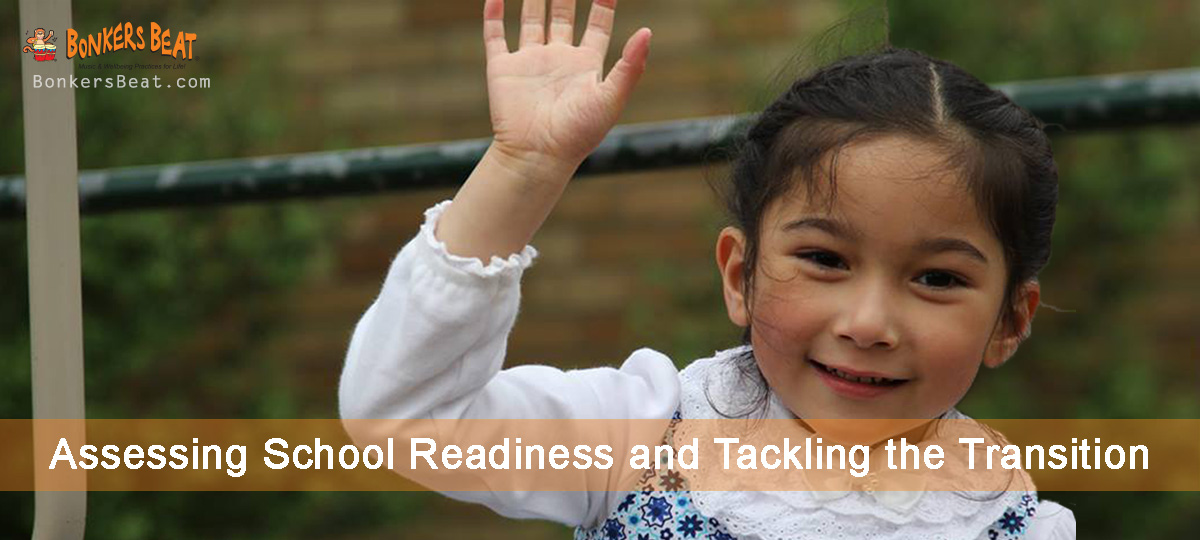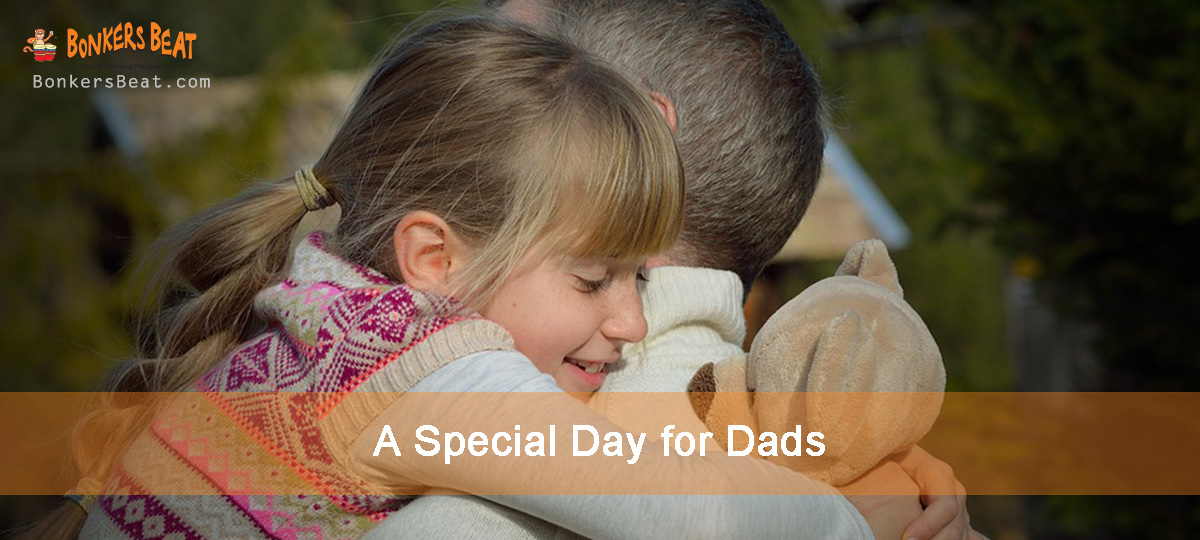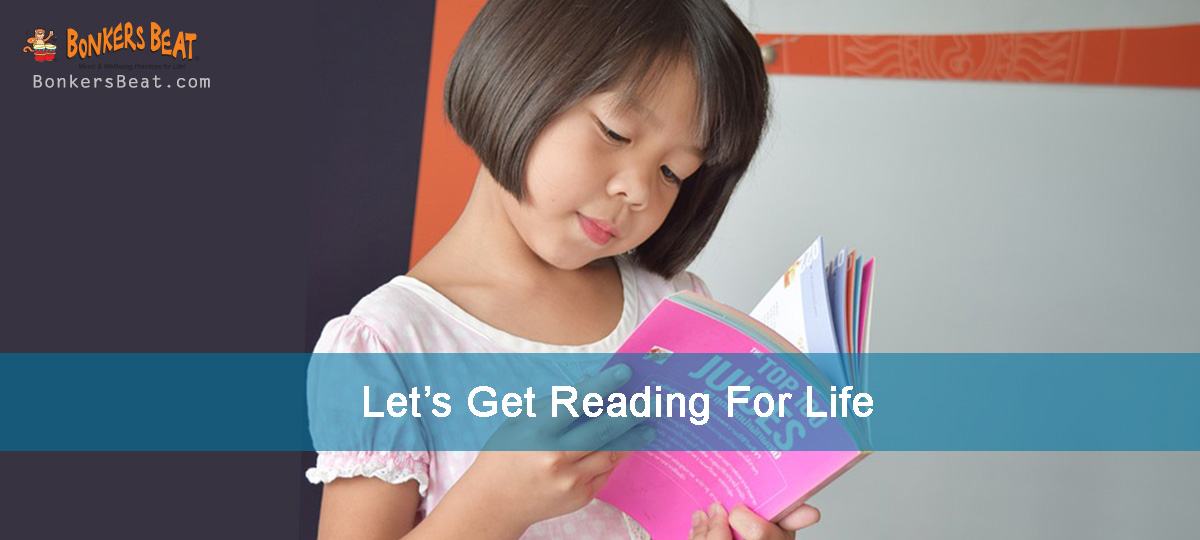From November 7 – 13 it’s National Recycling Week – the week for paying extra attention to the way we take care of the environment by avoiding excess waste. Teaching children about the three ‘R’s and how they can take care of the world around us is essential for a healthy, sustainable future.
The three ‘R’s are Reduce, Reuse and Recycle. It’s a simple and memorable way of thinking about how we can all make a difference by making small changes and by being mindful and aware.
To make your recycling discussion more engaging – and just because we love music – please enjoy this gift from Bonkers the Monkey. Click here for your exclusive access to our song ‘Bonkers Rap’. A fun resource for talking about looking after the planet!
Recycling can be fun, especially if you do it creatively. After all, in many centres the majority of craft activities are born of recycled cartons and containers!
Let’s look at the three ‘R’s in more detail, as well as how adults and children can make positive changes at home and in centres.
Reduce
Look at all the packaging on everything from food to toys and it’s not hard to imagine that a huge amount of waste is created in every household year in, year out. Christmas and birthdays are always an insight into this as the bins are overflowing as packaging fills them to the brim in one day. When just one kilogram of aluminium generates more than 15kgs of greenhouse gas, we can’t ignore the impact of packaging on the environment.
Between us all we can make a huge difference by aiming to minimise the amount of packaging-heavy products we buy. The less we purchase things that are excessively wrapped, the better example we are setting for children and for these companies that reducing waste is important to us and the planet.
Avoiding individually wrapped items is an easy one to stick to. Skip the plastic at the supermarket and put the fruit and veg straight in the trolley or basket. Don’t forget to take a plastic bag alternative when you go shopping.
Reuse
Reusing things is an excellent way of helping to reduce waste. There are so many ways we can do this.
Using refillable containers for drinking as well as for handwash, toiletries and more minimises waste. Washed plastic containers from takeaway, egg cartons and milk bottles can all be used in centres and homes to store things and as the basis for art and craft projects.
When it comes to electronics, homewares and clothes, there’s no doubt another family who needs these things so rather than throw them away in your next clean out, consider donating or offering to people you know.
Food scraps are often suitable for pets or for compost. Maybe a neighbour has a garden that could utilise your organic waste.
Recycle
Recycling goes a long way to reduce the impact of pollution and helps to keep the planet in good shape.
At Bonkers Beat Music Kinder we have rubbish and recycle bins arranged in each room and discuss with children the importance of using the correct bin. Needless to say, children are fascinated to learn that their off-cuts of used scrap paper can be turned into tissues, newspapers, kitty litter and moulded cartons for eggs and fruit.
A good key to recycling effectively is to always aim to buy recyclable items. This means avoiding things that are packaged in materials that need to be separated and make recycling challenging.
Children might enjoy watching this video, How Recycling Works: http://www.getitrightbinnight.vic.gov.au/how-recycling-works/
Work with children to feel the different textures of plastic and paper and how to separate them for optimal recycling – as always the key is to make it fun. Creating a sustainable future is something that should be engrained in children in a positive way and now is the time to begin!
If you’d like to learn more, these links may be of interest to you:
http://www.1millionwomen.com.au/blog/10-ways-make-recycling-fun-kids/http://www.cleanup.org.au/au/Campaigns/reuse–recycle–reduce.html
http://www.cleanup.org.au/PDF/au/putrubbishaway.pdf
http://www.wwf.org.au/get_involved/change_the_way_you_live/sustainable_shopping_tips/

